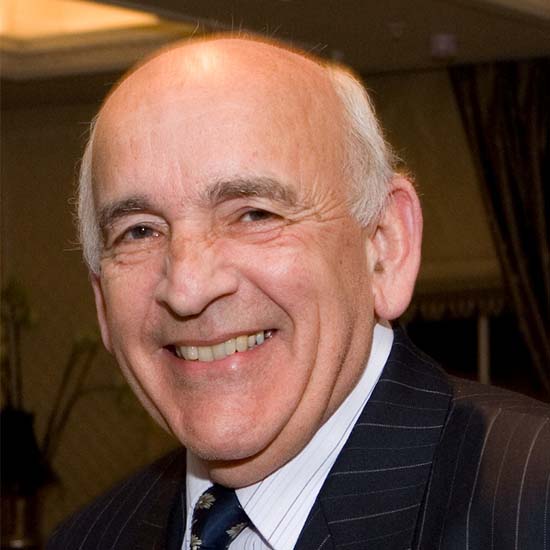Rod Flower is a pharmacologist who made major advances in understanding how anti-inflammatory medicines exert their therapeutic effects.
As a young scientist, Rod greatly extended the concept that aspirin – and many similar drugs - work by inhibiting the inflammation-initiating cyclo-oxygenase enzyme. He went on to discover that another group of medicines, the glucocorticoids, utilize a clearly defined pathway involving intracellular receptors, altered gene transcription and cytosolic signaling to trigger the release of Annexin A1, a protein that mediates many of their anti-inflammatory effects, thus providing potential new target for drug development.
Rod also has an interest in 'science and security issues'. He chaired the Royal Society’s Scientific Aspects of International Security committee from 2006–2010 and the 'Brain Waves' panel that produced the ‘Neuroscience, conflict and security’ report in 2012. He is a former President of the British Pharmacological Society and has received several awards including the William Withering Prize of the Royal College of Physicians, the Wellcome Gold Medal of the British Pharmacological Society and the Lifetime Achievement Award of the International Association of Inflammation Societies (2005).
Professional position
- Emeritus Professor of Biochemical Pharmacology, William Harvey Research Institute, Queen Mary University of London
Subject groups
-
Health and Human Sciences
Clinical pharmacology
-
Other
History of science

